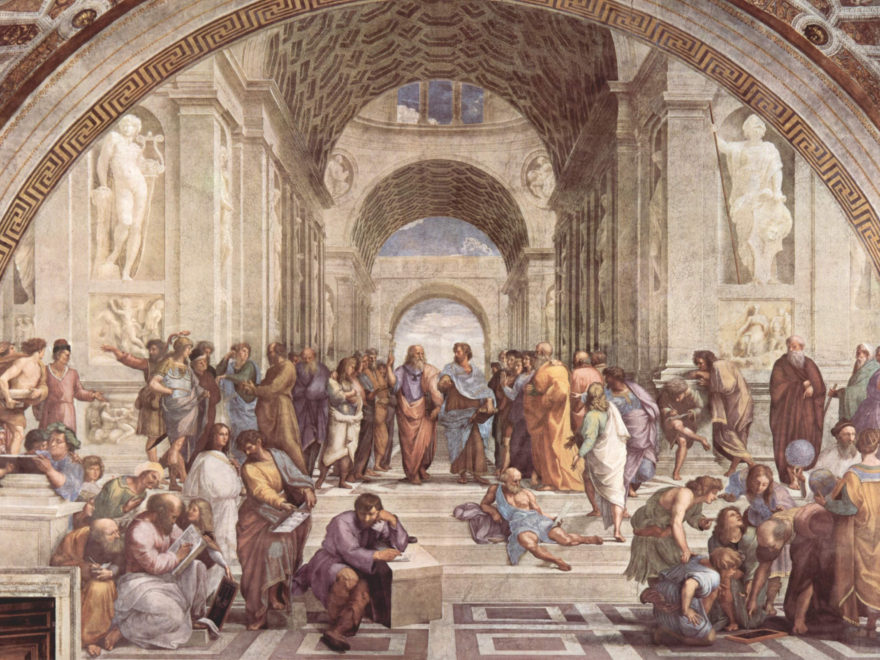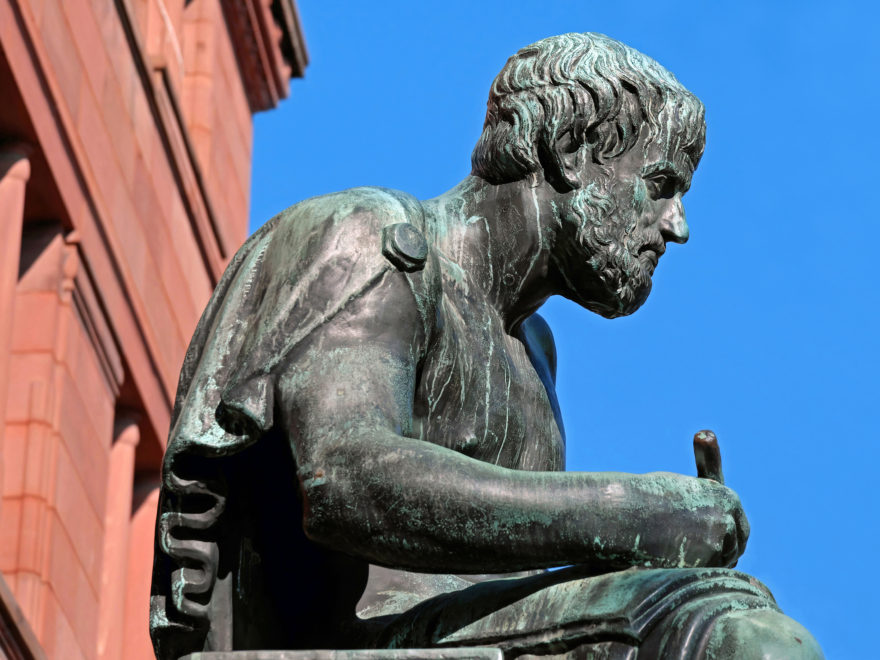Tag: virtue
-

The Flow of Thought, Part 1: Training the Attention for Happiness’ Sake
It may seem strange to look to modern psychology for support of classical education. After all, it’s the vagaries of modern thought that have got us into this educational trouble in the first place. The abandonment of tradition, the scientism and revolutionary overhaul of religion have all taken their toll on the proper training of…
-

Why Study Western Civilization?
The classical Christian movement has at its core a commitment to teaching Western civilization. Even though we teach Western civ, its distinctive qualities are not always clear. As a result, many educators (even within the classical movement) question why we would teach Western civilization. Here I will lay out what I think are the three…
-

Excellence Comes by Habit: Aristotle on Moral Virtue
All too often we are inclined to think of excellence as the product of good genes and good fortune rather than our personal habits. The fates bestow their blessings indiscriminately and haphazardly, and the talented and successful are the lucky recipients of excellence, while the rest of us are mired in mediocrity. Those who rise…
-

Aristotle and the Growth Mindset
Whether you’ve been involved in the world of education, sports, self-help or business, it’s likely that you’ve heard of Carol Dweck’s growth mindset. A Stanford University psychologist, Carol Dweck popularized her findings about how much success in any endeavor depends on a person’s mindset. In her book Mindset: The New Psychology of Success, she explains…
